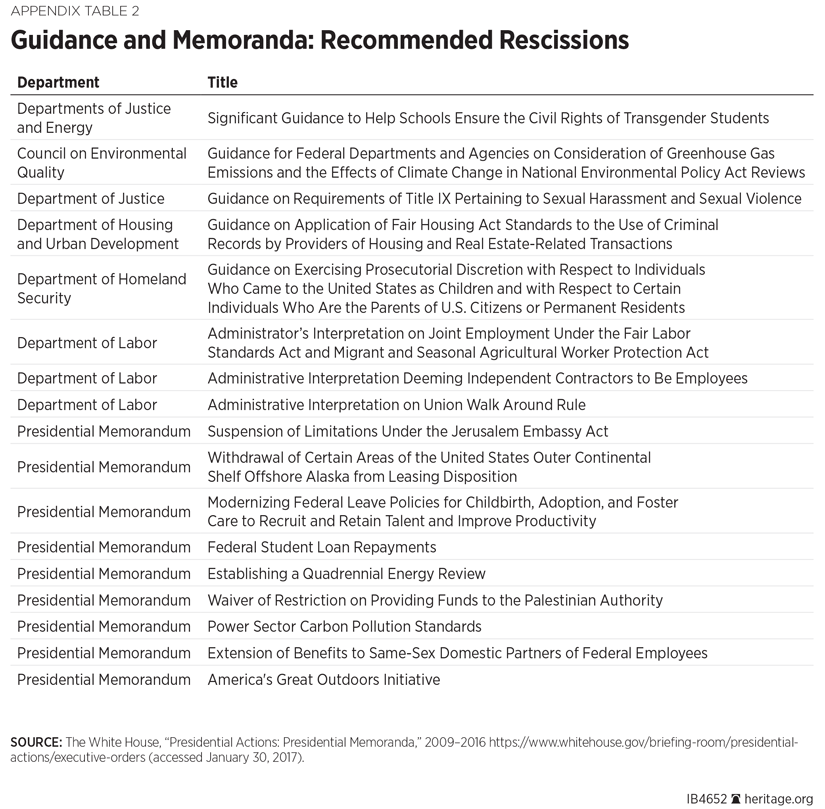

They had too much plans with in 104 days only. In its content, both in terms of political change and economic development, it shows strong capitalist characteristics.

Hundred Days of Reform, (1898), in Chinese history, imperial attempt at renovating the Chinese state and social system. Hsu, Reischauer and Fairbank view the reform as a radical movement that was not accepted by everyone. Thereafter the government officials who had been advocating moderate reforms were pushed to the background, and Kang, his famous disciple Liang Qichao, and other followers became trusted imperial advisers. Learn the basics with our essay writing guide. modernising and rationalizing administration and the larger system involving governance of the country like recruitment of government officials and training of armed forces. Our editors will review what youve submitted and determine whether to revise the article.

In many ways, the Hundred Days Reform policy was provoked by "Kuan-hsu Emperor's concern over the dynasty's weaknesses and his resolution to remedy the situation". It occurred after the Chinese defeat in the Sino-Japanese War (189495) and the ensuing rush for concessions in China on the part of Western imperialist powers. This is to warn future generations that if you want to achieve your political goals, you must rely on the people, not on corrupt officials.
#Hundred days of reform full
First of all, the Hundred Days Reform has not yet started, but we have already made full preparations. They write from scratch according to your instructions. It is against this background that the 18th Reformation came into being. In mid-June 1898, the Guangxu emperor gave an audience where he unveiled dozens of broadly-worded edicts, each ordering the reform of a particular branch of government or policy: from the military to money, from education to trade.


 0 kommentar(er)
0 kommentar(er)
